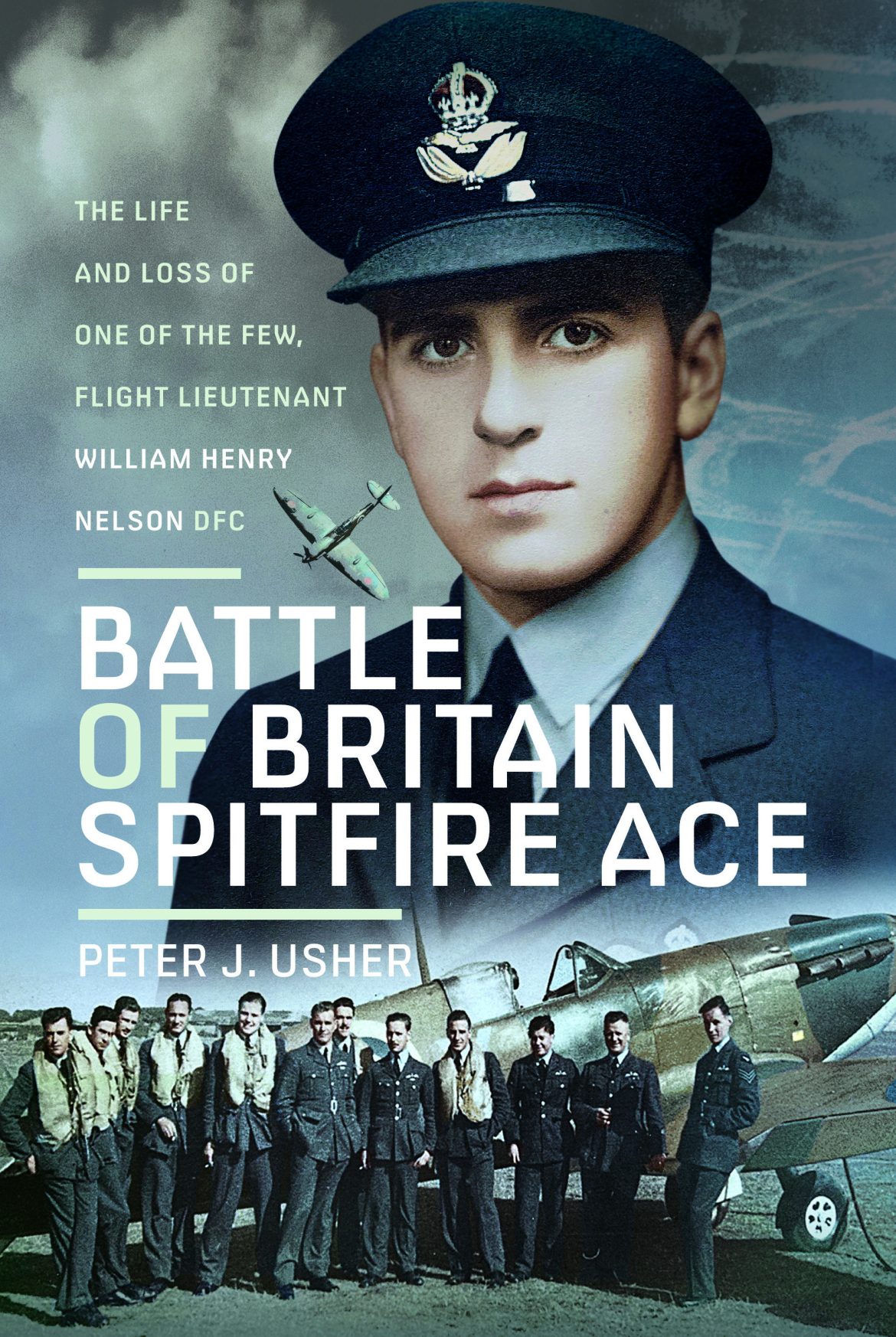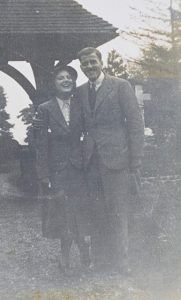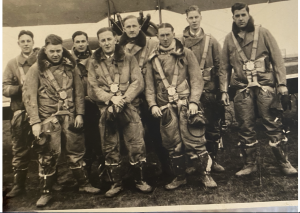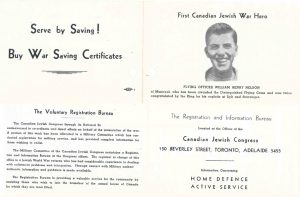
Battle of Britain Spitfire Ace is the story of a young Canadian who in a short time, and for a brief time, mastered Britain’s most legendary war machine, the Spitfire. It is also the story of a young English woman who was for a short time his wife, and for a long time his widow, and of their son who for much of his life knew little about his father and is still learning about him.
I grew up in the shadow of the Second World War and was deeply influenced by it, in ways both obvious and unrecognized. Several of the men in my extended family served overseas in that war. Some did not come back. Some, as I discovered, wrote letters, sent photos, and kept diaries. These items opened their experience and their world to me in ways I had not expected. As I began to write their stories, I grew interested in the larger context of the wartime experience of Jewish-Canadian airmen, of whom there were thousands.
One of those who attracted my attention was William Henry Nelson of Montreal, whose exceptional if brief career in the Royal Air Force began in 1936, three years before the war. I met his son Bill McAlister in London, England, in 2019. I already knew that his father had been the pride of Jewish Montreal, the first Jewish-Canadian to have been decorated by the King, with his image featured on recruiting posters.
Bill McAlister had his father’s photographs, diary, pilot’s log, and other mementos, and many of his parents’ letters spanning (in his mother’s case) nearly fifty years. Bill granted me unique access to that material, and his permission to use it for the purposes of this book. More than that, we spent many days with each other sharing observations and reflections. Our time together has become a shared voyage of discovery of the father he never knew, and a friendship for which I am deeply grateful. We are of the same age and, having spent our formative years in Canada, we share much in experience and perspective.

Marjorie McIntyre and Willie Nelson on their wedding day, 26 August 1939. Courtesy of Bill McAlister
On the 80th anniversary of the Battle of Britain, the Royal Air Force Museum in London mounted an exhibition about the Jews who volunteered to fight in the RAF in the Second World War. Nelson was featured among those it characterized as ‘hidden heroes.’ Nelson had said little about his Jewish identity or what it meant to him, but it was consequential to him and to others both during his life and afterwards. Over the course of his four years in England, Willie Nelson refashioned himself. But who had he become? Who was the man behind the iconic portrayals, what had been his formative influences and his guiding lights? How did he come to do what he did and what, in those last few years in England, did he live and die for?
These questions can now be answered for the first time, by virtue of the materials that his son Bill provided me, and of my own archival research. These sources enabled me to set out a full account of his father’s exceptional life and tragic end, as well as his mother’s remarkable sojourn in Canada with her infant son, and their eventual return to England. I also relate how Wilie Nelson became in life and death a hero to the Jewish community in Montreal. These personal stories are set in the larger context of the city of Montreal in Nelson’s youth, of England in the last years of peace, and of the Royal Air Force in the initial (and largely forgotten) months of the Second World War.
Cover image courtesy of Pen & Sword Books.

